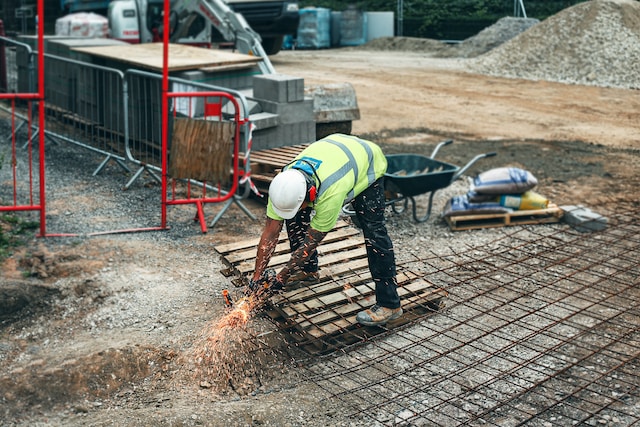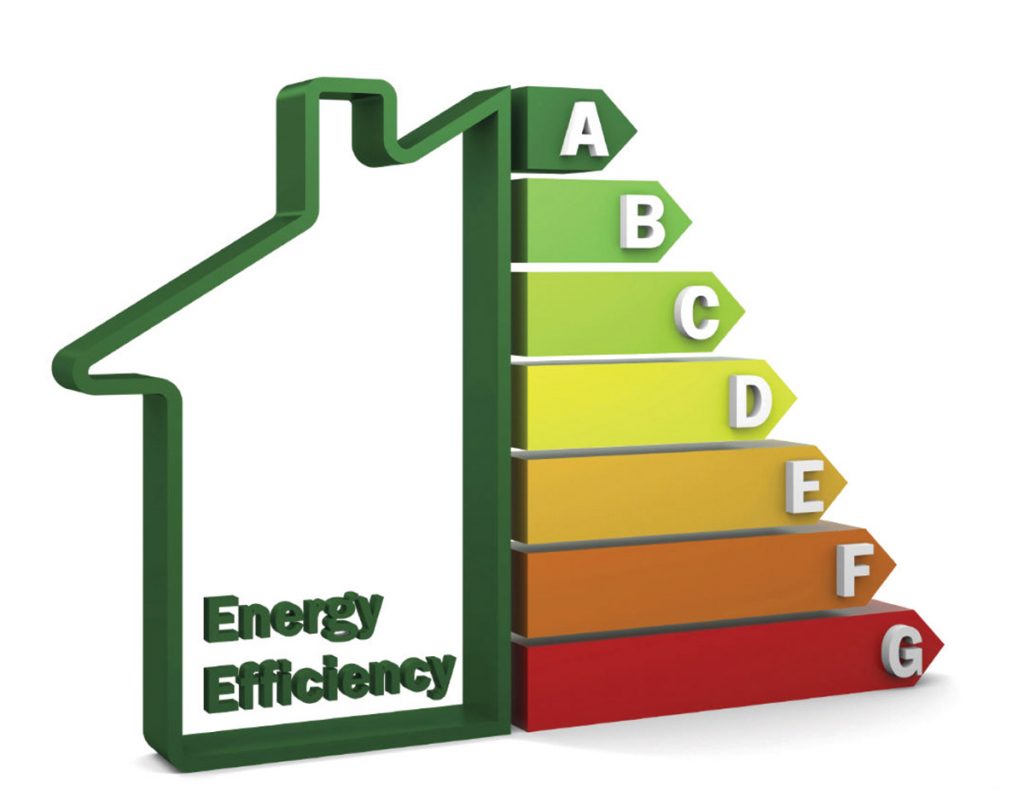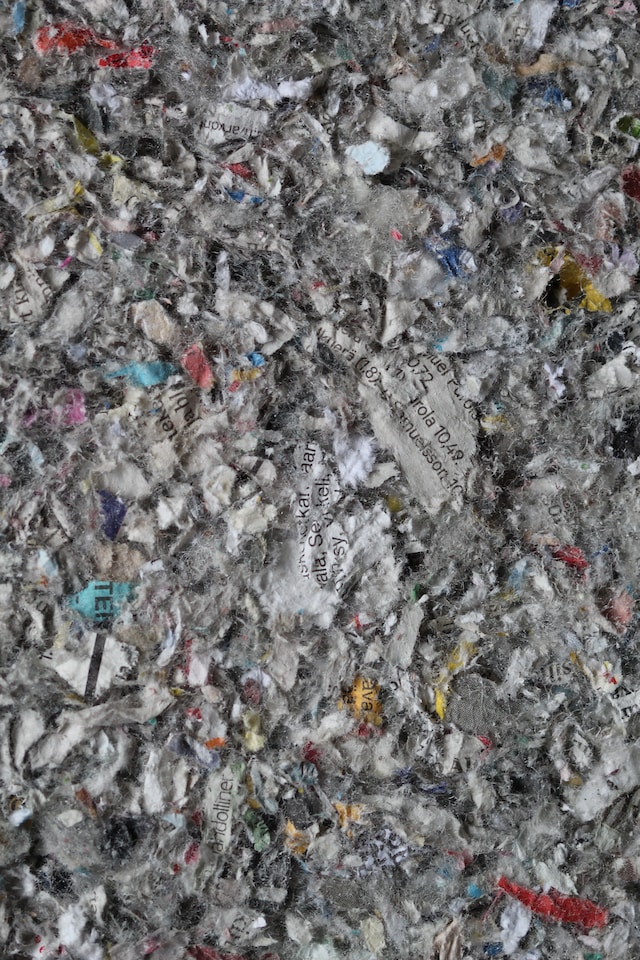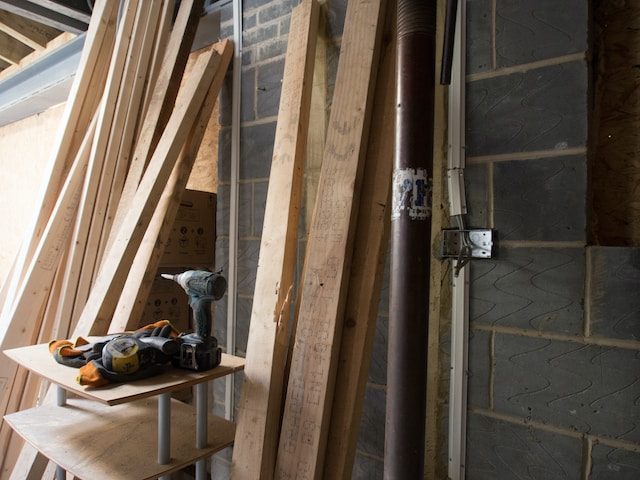An overview of pre-budget submissions shows how self-builders and home improvers might benefit from Budget 2024.
In this article we cover:
- Grant proposals, including a €20k grant for new builds
- VAT reductions for construction projects
- Tax incentives for green products
- Measures to introduce better oversight in construction and better workmanship
- How to make existing grants work better
- Supports for low carbon materials
- Proposals from the Irish Green Building Council, Rural Independent TDs, and KPMG
We look at how self-builders in ROI could benefit from Budget 2024 with an overview of the pre-budget submissions targeted at those building new, extending or home improving.
Budget 2024: Grant proposal for self-builders
Rural independent TDs want to see a €20k grant introduced for self-builders to build a new home. Richard O’Donoghue’s pre-budget submission reiterated the private members’ motion to “introduce a new €20,000 grant-aid package for anyone who wishes to build a permanent one-off house on their own lands”.
The Irish Green Building Council (IGBC), meanwhile, wants to see a new one-stop-shop pilot for reuse, to make it easier for building owners/prospective buyers to bring back these properties into use.
The IGBC is also looking for low interest energy renovation loans to be introduced, making sure these are true low interest loan, that is no more than 1 or 2 per cent as per international best practice.
Tax incentives

Reducing the VAT rate for construction projects has been a mainstay of pre-budget submissions.
But in this round of budget speculation, Minister for Housing Darragh O’Brien told national media he is not looking to cut the 13.5 per cent VAT rate for construction. That’s in response to a recent Tax Strategy Group (TSG) report which said a reduced tax rate of 9 per cent would be possible under the EU VAT Directive.
However, the report entitled Residential Property–Related Taxation Measures Tax Strategy Group – 23/06, sets out the administrative challenges of applying different VAT rates and defining them, along with the costs, and whether or not consumers would benefit.
“There is no obligation that any reduction in VAT rate would be passed to consumers,” the TSG report cautioned. “There is a reasonable possibility that it would be used by contractors to improve their cash flow.”
But there are other tax incentive proposals out there, including accounting firm KPMG’s proposal to give a tax break to those converting office buildings into residential property.
Meanwhile the IGBC wants to extend the Help to Buy Scheme to include existing properties located in village, town and city centres. KPMG says the Help to Buy tax relief should be extended beyond the end of 2024, which is when it expires, but that is unlikely to happen.
For a period of two years the IGBC also wants to see a 9 per cent VAT rate applied to construction products which contribute to carbon savings in the operational phase of a building life cycle. After two years the reduced VAT rate would be reviewed to take into account embodied carbon emissions. The IGBC says this would raise awareness and allow time to develop quality data for all construction products.

Better oversight in construction
Engineers Ireland is calling for more engineers to staff local authority building control offices. “The building regulatory regime could be reinforced by increasing the resources of local authorities for inspection and enforcement,” states the engineers lobby group pre-budget submission. “We welcome that legislation was published in 2022 to put the Construction Industry Register Ireland on a statutory footing to promote a greater commitment to compliance, safety and quality.”
Engineers Ireland also points out that dealing with defective concrete blocks has cost the state in excess of €2 billion, and “providing five to 10 engineers within each Local Authority to provide inspections and oversight to construction projects would equate to a small percentage of this figure and help to prevent future failures in the sector.”
The IGBC also calls for better quality workmanship for grant-aided work paid by the government agency the Sustainable Energy Authority of Ireland, suggesting the government allocate “funding and resources to the development of a warranty scheme for all SEAI’s retrofit schemes to better protect building owners and increase trust in the process”.
The IGBC also wants to see a register of independent energy renovation advisors set up to make it easier for building owners to identify building professionals who have upskilled in energy renovation, hence supporting quality renovation. This would complement the SEAI’s List of Registered Technical Advisors.

Make existing grants work better
The IGBC suggests making the vacant property refurbishment grant available in instalments, instead of at the end of the renovations.
The IGBC also suggests introducing the Building Renovation Passports as a first step to access any single measures under the Individual Energy Upgrade Grant scheme. This measure is part of the changes that are coming from Europe, which is expected to be enacted in the form of the recast EPBD.
The IGBC also wants to see funding for the development of more user friendly information for homeowners/occupants including better technical manuals that are shared with building users post retrofit and make them available in various formats (e.g. short videos).
Supports for low carbon materials

The IGBC wants to see financial supports put in place for biobased production facilities such as CLT, sheep’s wool, hemp, and straw, as was done in Scotland to support the development of natural fibre construction insulation.
The IGBC says the National Standards Authority of Ireland needs to be given funding to help it fast track the approval of new innovative, low embodied carbon materials, without lowering standards.
There is no more sustainable material than one that’s reused, and so the IGBC also wants to see supports for the reuse of construction materials, e.g. storage facilities for large quantities of high quality construction materials for reuse. They also want to see grants for testing reclaimed materials from demolition projects.
More pre-budget submissions are expected from other construction industry bodies including the Construction Industry Federation, the RIAI and the SCSI. Budget 2024 is expected to be published by the ROI government in October.









